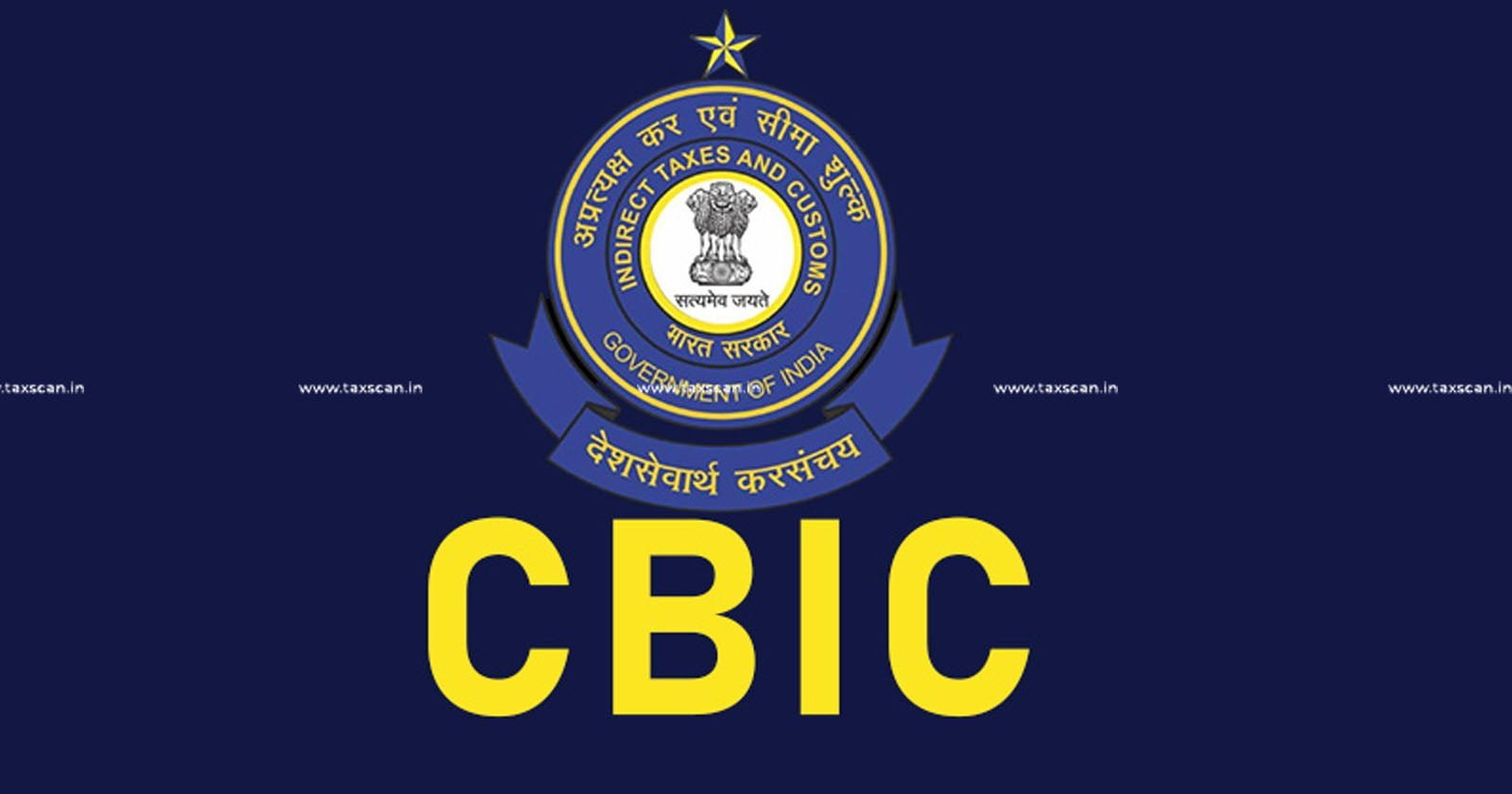
CBIC mandates 1-Year deadline for customs fraud inquiries
NEW DELHI : In a significant move aimed at enhancing the ease of doing business, the Central Board of Indirect Taxes and Customs (CBIC) has issued a directive to customs field formations, emphasizing transparency and efficiency in conducting investigations related to export and import fraud. The directive, issued on November 1, advises customs officers to specify the exact nature of inquiries when issuing letters or summons and to complete investigations within a year to avoid disruptions to business operations.
The CBIC’s new guidelines, outlined by Chairman Sanjay Kumar Agarwal, call for a “balanced” approach in tackling commercial intelligence and fraud (CI) cases. Officers are encouraged to perform a thorough pre-investigation analysis of all available information and cross-check data before engaging with importers or exporters. This preliminary assessment aims to limit unnecessary interventions and maintain a business-friendly environment.
The directive further mandates that customs commissioners within their jurisdictions are accountable for the development, authorization, and timely conclusion of CI investigations. The goal is to ensure investigations reach a conclusion within a year, avoiding prolonged scrutiny and uncertainty for businesses.
To foster transparency, the CBIC has urged officers to detail the specific inquiry when reaching out to parties, replacing vague expressions with clear communication. Letters or summons may offer the option for parties to attend through an authorized representative, and in cases where unresolved grievances persist, customs commissioners are encouraged to consider personal meetings by appointment.
Chairman Agarwal noted that these measures “reduce unnecessary delays and create a more business-friendly environment” while maintaining necessary vigilance in preventing tax evasion. The streamlined approach is expected to aid in fostering smoother import and export processes, reinforcing India’s commitment to simplifying trade and regulatory practices.

